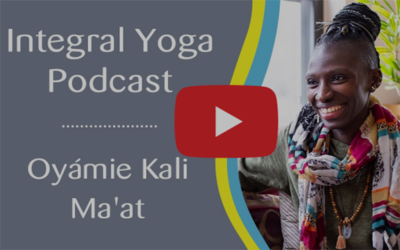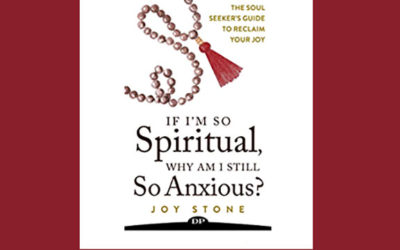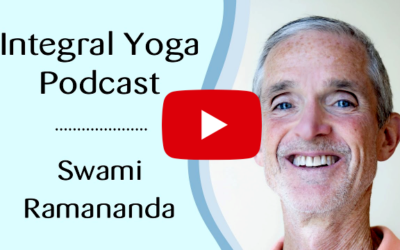Explore Latest Posts
Explore Yoga Psychology Videos
More Articles
Attachment Is Not Going to Help You
The best way to avoid attachments, clinging, and overindulgence is to think of the results of that kind of thinking. Attachment always brings some sort of anxiety, tension, and fear. When you are attached to something, you want to protect whatever it. If you don’t...
Healing from the Pain that Binds
Born and raised in West Africa, Oyámie Kali Ma’at spent most of her childhood in community gatherings of musicians, drummers, and dancers. Listening and dancing to music became a foundation for her life. In addition to living and serving in Yogaville, Oyámie is also a...
Reducing Anxiety through Yoga
If you experience anxiety you are not alone. Statistics show that 18% of Americans report anxiety and it’s predicted that 31% of adults, will experience anxiety at some point in their lives. For many of us, it is our struggles with anxiety that led us to our yogic and...
Transforming Our Own Hearts is a Tremendous Contribution
In this episode of the Integral Yoga Podcast, Swami Ramananda (director, Integral Yoga Institute of San Francisco) talks with Avi Gordon (director, Integral Yoga Teachers Association) about adapting to challenges, how compassion follows naturally from meditation, and...
Forgiveness: A Radical Strategy for Healing
In this video, Swami Karunananda (senior monk and chair of Integral Yoga's Spiritual Life Board) gives a Thanksgiving talk that stresses the healing power of forgiveness, which is an oft-overlooked aspect of gratitude. Through Yoga teachings, stories and parables, she...
Peace is the Real You!
Peace and joy are more or less different aspects of the same thing. If you are peaceful, you are joyful. Peace doesn’t depend on anything, but is totally independent, and it is always there. When you feel that peace, you feel a supreme happiness that also does not...
Ayurveda and Yoga Recovery Tools
Durga Leela is the founder of Yoga of Recovery, a comprehensive program that integrates Ayurveda and Yoga with recovery tools for a holistic mind, body, and spirit. In this podcast, Avi Gordon (director of the Integral Yoga Teachers Association) talks with her about...
Buddhism on Worrying—& How to Eradicate It.
My 10-day “Introduction to Buddhism” course was held in the main Gompa of Tushita Meditation Center. One of the texts that was written on the walls inside read the following: “If it can be remedied, why be upset about it? If it cannot be remedied, what is the use of...
Anger as a Tool for Change
If you need to correct somebody’s behavior, to get them to stop some negative action, you may have to use anger. By doing that, you are “punishing” their mistakes, but you are not punishing the person. You are not hating them. It’s like the child in a classroom, who...
Pandemic Panic: The Science of our Fear Response
I've found myself feeling weird amid the COVID-19 crisis. I use this vague and understated label “weird” because I’ve yet to find a more specific adjective to properly encompass what’s happening internally. As a yogi, I’m supposed to be all zen during a crisis, right?...










